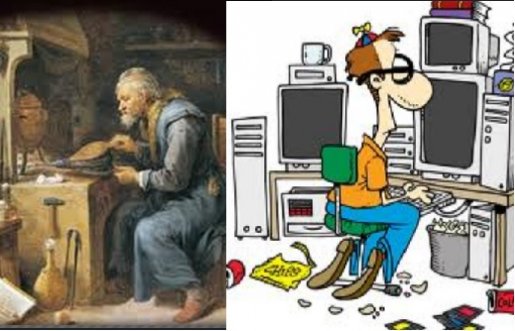Tributes are being paid to the life and work of Charles Dickens on the 200th anniversary of the birth of the celebrated British author.
Today the Prince of Wales and the Duchess of Cornwall will lay wreaths paying tribute to a British icon who captured a nation through his gripping literature.
Dickens' novels characterise 19th century industrial Britain, with close attention to the inner workings of Victorian society and city life. Up until the present day, his books are read by audiences from around the world.
Born into a modest family on February 7th 1812, Charles was noted to have a passion for reading and a photographic memory, later in 1814, his family moved to London where he had ample opportunity to brush shoulders with everyday folk whose lives would become echoed within his novels.
The true extent of his success as a literary figure can be observed by the way in which his novels have become household names; Oliver Twist, A Christmas Carol, A Tale of Two Cities, David Copperfield and Great Expectations to name a few!










